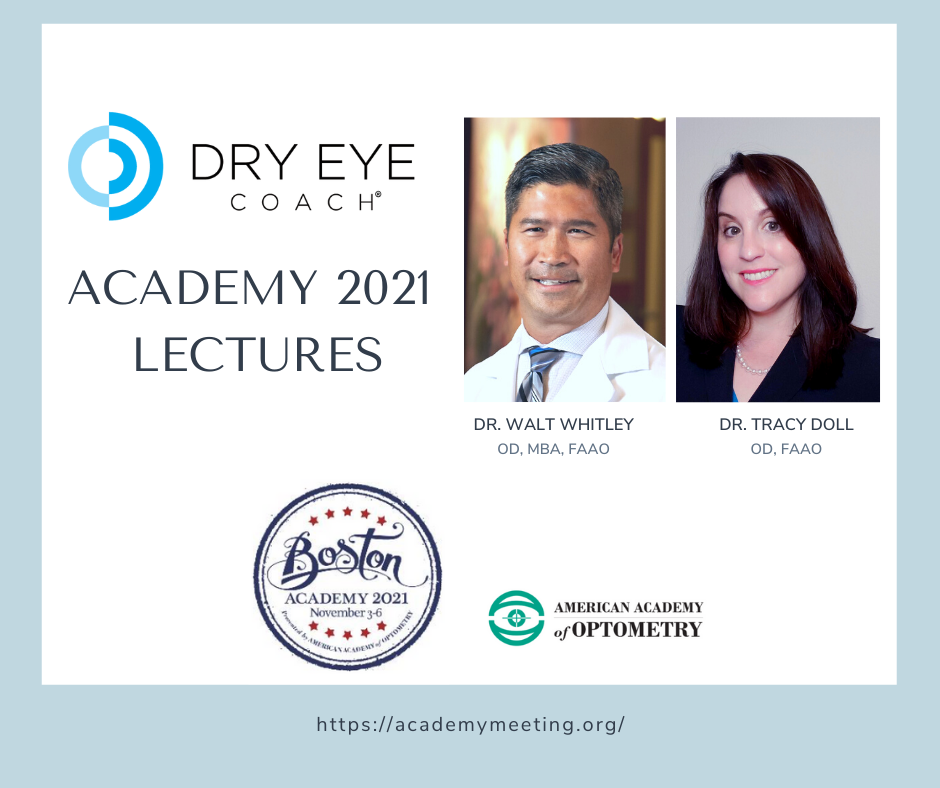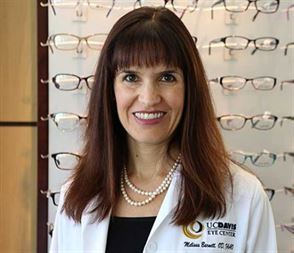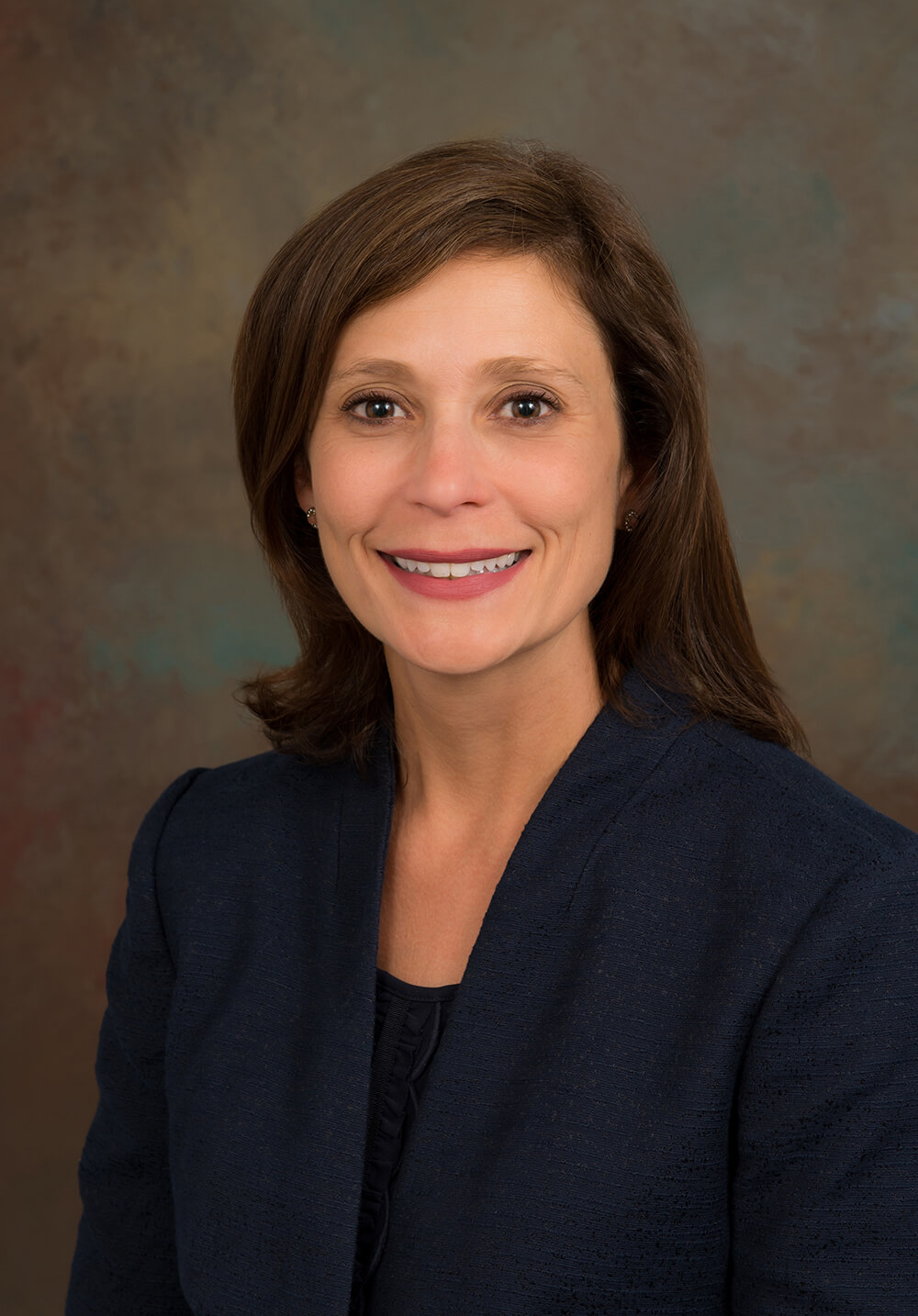Hint: It all starts with passion.
When I am talking about dry eye with colleagues, I often get two main questions: ‘why should I care about dry eye’ and ‘how do I get started?’
The first of those questions may be the easier one to answer: Because there is unmet need in the population of patients affected by dry eye and because patients can suffer debilitating ocular symptoms and disruptions to quality of life.
But there is another reason why. It is estimated that optometrists see two-thirds of all patients requiring eye care services and over three quarters of all patients who are seeing an eye doctor for the first time. There is an incredible opportunity there for optometrists to diagnose this chronic condition early in the disease course, and to initiate an intervention strategy that avoids late complications.
Furthermore, whether the optometrist is evaluating a patient for potential ocular surgery, consulting on glasses or contacts or performing a comprehensive eye exam, at least part of that encounter is already dedicated to examining the ocular surface. Quite literally, the optometrist is already focusing attention on the areas of the eye most affected by dry eye, and it may be the case that adding just a few more steps to the exam will result in a true dry eye evaluation.
When thinking about why, there are of course the benefits to consider, both tangible and intangible. We all took an oath to serve patients, and diagnosing relevant eye conditions is part of that. There is an ability to intervene early in cases of dry eye and ensure good ocular health over the long term. Although further down the list of priorities, establishing a dry eye clinic or at least making a conscious effort to detect early signs also instills confidence in patients that you are an expert; which improves the working relationship, differentiates your practice and may lead to word-of-mouth referrals.
While the why may be somewhat self-evident, the bigger question many optometrists have is how do I start a dry eye practice? In part, answering that question means returning to the opportunity I mentioned above—and, truthfully, there is ample opportunity, even within one’s existing patient population. But finding opportunity might also mean surveying the local eye care landscape to see if offering dry eye services is a niche to be filled; in a lot of areas, other practitioners (even those outside of eye care) may be willing to refer to someone who establishes expertise in this area.
The next logical question, then, is how to build that expertise? I recently interviewed my friend and colleague Walt Whitley, OD, MBA, on this very topic. I was somewhat expecting him to start listing off the protocols one should put in place and what equipment to buy. While we did talk about those very elements, he offered an interesting take on the first prerequisite: passion.
This stikes me as particularly true, because passionate practitioners are the ones who will be the most successful, not only in terms of patient care, but also for their practice and the revenue that they generate. They will also be the ones most enthusiastic about learning about dry eye and evidence-based practices for management. Passion also tends to be infectious, and certainly getting staff engaged and involved is a big element to an efficient and successful dry eye clinic.
The simple fact is that a focus on dry eye has myriad benefits, but it is also a space that is not for everyone. And that is perfectly fine. I do think it is incumbent on all eye care practitioners to have at least a working knowledge of dry eye; after all, optometry has the greatest access to eye care patients, and epidemiologic surveys suggest that many of those eyes will exhibit some form of dry eye. Some practitioners will naturally prefer to refer for further evaluation and management, yet doing so successfully is still predicated on an ability to recognize the signs and symptoms.
However, as Dr. Whitley pointed out to me, for those who choose to take a keen interest in dry eye—for those that become passionate about dry eye—there is tremendous opportunity to make an impact in our patient’s ocular health, to help them achieve greater ocular comfort while avoiding symptoms and to substantially grow one’s practice.











